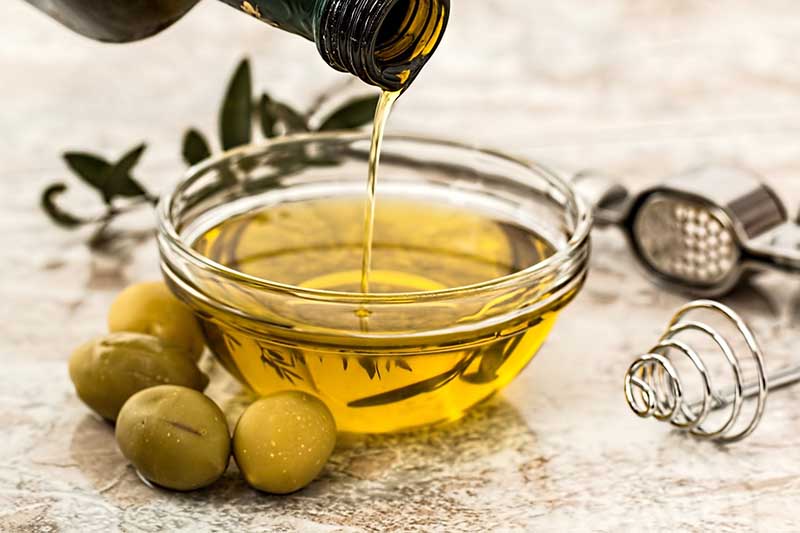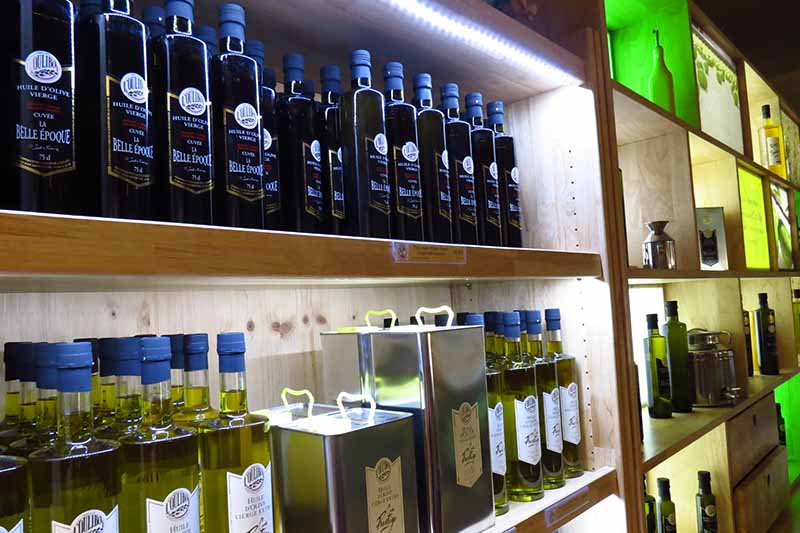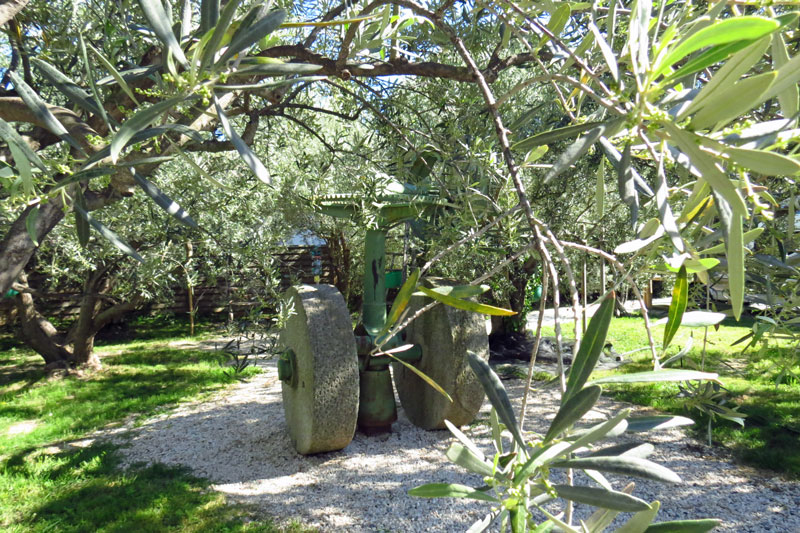Guests enjoying a gentle cruise along the Canal du Midi, aboard hotel barge Enchanté will enjoy the opportunity to drop by the famous l’Oulibo olive press. Staff at the mill welcome visitors and, after a one-hour visit, guests are invited to a tasting of the table olives, olive oils and other oil-containing products, such as their delicious tapenade.
But what exactly is the process behind the olive production and the delicacies that are made of it? Read on to find out…..
The Table Olives of l’Oulibo
At the olive grove of l’Oulibo olive press, two types of olives are grown: the Lucques olive (most commonly used as a green table olive) and the Picholine olive (primarily used as a cocktail olive). The process of growing and processing the olives is completely artisanal at this mill, meaning the olives are handpicked.
The green and black olives actually come from the same fruit, the only difference being that the green ones are picked in an earlier stage (between September and October) and the black ones in a later stage (between November and December), when they’re riper…
Immediately after harvesting, the olives are taken to the l’Oulibo olive press, before being processed within 48 hours. To preserve the fruits, they must be put in an alkaline bath for 10 hours, before being rinsed and brined over 10 days in a mix of water and salt. In a separate canning factory they are finally sorted to become real table olives, to be sold on and consumed.
The Making of the Olive Oil
Not all l’Oulibo olive press’ olives are sold for the table, however. Between 500 and 800 tonnes of them are pressed each year and turned into a 100% pure and natural olive oil. Each year the mill produces between 75,000 and 120,000 litres of olive oil, which is sold as an artisanal product with no food preservatives or additives.
The harvesting of the olives for pressing is done mechanically and by hand. The first step after harvesting is to remove all the leaves and rinse them. In the second step, the olives are crushed; at l’Oulibo olive press, the crushing is either done with a millstone or with a hammermill. The resulting olive paste is kneaded at more or less 27°C for a maximum of 40 minutes. After that, the liquid and the solid matter are separated in a horizontal settling tank.
In the third and last step of the process, the liquid is put into a juice extractor and the precious olive oil is obtained then stocked in vats.
Plan Your Visit to l'Oulibo Olive Press
Enthusiasts of artisanal products will appreciate a stop at this authentic olive press when travelling through the Languedoc region between Béziers and Carcassonne. As the l’Oulibo olive press is located close to Canal du Midi, it is also a popular stop for guests aboard luxury barge, Enchanté, where guests can visit the mill and taste its products for themselves.
 English
English
 Spanish
Spanish French
French German
German Norwegian
Norwegian Portuguese
Portuguese Swedish
Swedish Italian
Italian Russian
Russian Simplified Chinese
Simplified Chinese Japanese
Japanese



